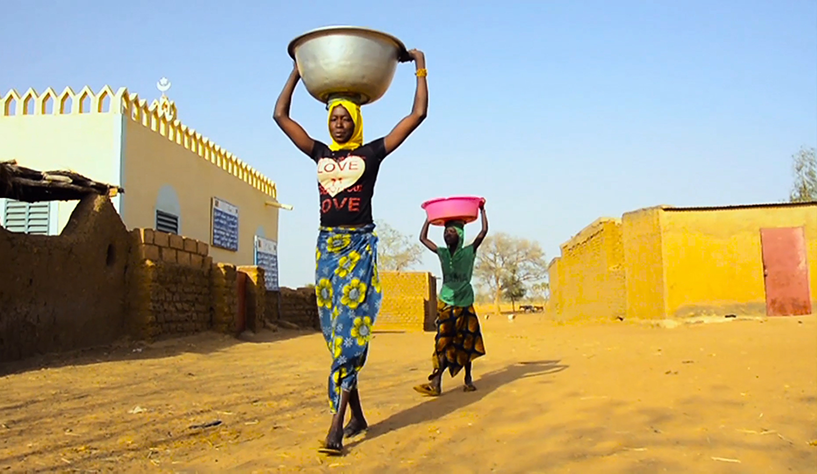A One-Stop Shop Model Provides Holistic Care to Gender-Based Violence Survivors in Mali
A One-Stop Shop Model Provides Holistic Care to Gender-Based Violence Survivors in Mali
By: Sarah McKee, Adama Sanogo

In recent years, and following the coup in 2012, Mali has experienced increased political unrest and violence, especially in the country’s north and central regions. Coupled with droughts and flooding, the situation has resulted in a significant increase in forced internal migration. In the Mopti region, many health centers have closed, and health providers have fled to safer urban areas as a result.
Such instability has had dire consequences for the health of rural communities there. Women and girls are particularly vulnerable due to power imbalances within the family, limited access to resources, and increased vulnerability to sexual and gender-based violence (SGBV). Sexual violence remains underreported due to insecurity and the stigmatization of survivors, making it more difficult to ensure care and services effectively reach those who experience such violence.
To address the significant cultural and financial barriers to accessing comprehensive SGBV care, MSH supports the Ministry of Health in the region, with funding from the United Nations Population Fund (UNFPA), to establish the first One-Stop GBV Center at Somino Dolo Hospital in Mopti.
The center sets up confidential rooms for counseling and trains existing health care staff on SGBV guidelines to deliver quality, respectful, and comprehensive services. This holistic approach allows SGBV survivors to access medical, psychosocial, legal, and social reintegration services at a single place and time. A local SGBV Protection Committee has been put in place to strengthen referral systems, ensuring women and girls have free transport and are accompanied to the center to receive free services and medicines. This Protection Committee is also working to increase community awareness on domestic violence prevention and the harmful impact of child marriage and female genital mutilation.
The Somino Dolo Hospital, and other Ministry of Health teams in Mopti, have also integrated post-exposure prophylaxis and family planning services, including the provision of long-acting contraceptives, into their SGBV interventions. Under the Debbo Alafia consortium, a joint consortium led by MSH and a local Malian non-governmental organization working to advance women’s and girls’ sexual and reproductive health and rights, MSH helped increase the contraceptive prevalence rate in Mopti from 12.6% in 2016 to 21.6% in 2018.
It remains urgent that we sustain and continue to advocate for vulnerable women and girls, to support coordinated responses to sustain integrated services. In recent months alone, community members have raised concerns to project staff about an increase in cases of targeted sexual violence against girls under age 15.